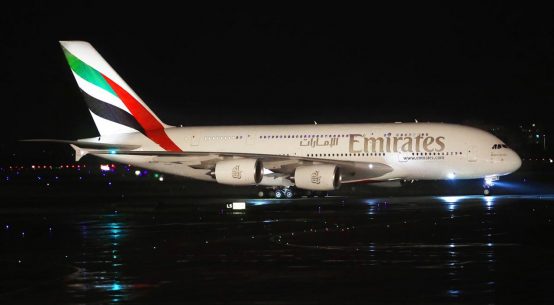
ANTWERP, BELGIUM: Oil tanker moored near an oil silo in Port of Antwerp July 9,2013 in Antwerp, Belgium. The Port of Antwerp is the Europe’s second largest sea port after Rotterdam.
Council’s letter asserts “unjustified” fees violate agreement to end price signaling.
The European Shippers’ Council has sent a letter to European Commissioner for Competition Margrethe Vestager calling emergency bunker surcharges imposed by most large container liner companies “unjustified.”
“Under the present circumstances, the use of such instrument is unjustified. Oil prices had indeed been rising during the last month, but the latest hike cannot be assimilated to an emergency. Oil price fluctuations, up or down, had been frequently happening in the past years and no negative surcharge was applied when the barrel of oil went down to $40 some time ago,” the letter from Nik Delmeire, the ESC’s secretary general, said.
“The application of any emergency surcharge should be reserved for events that cannot be foreseen (such as a crisis influencing the availability of oil). In those situations, it would be unreasonable to have the carrier bear alone the impact on the price of bunker fuel.
“On the contrary, under the present circumstances, the carrier can use a specific clause which exists in many contracts, except for all-in rates type of contracts or spot contracts, to revise the freight rates,” the letter said. “Including such a clause in the contract is part of the negotiating process between the parties. If such a clause is not provided for in the contract in force, the price should remain the same until the contract is completed.”
He added, “The fact that the container liners, who announced that they would apply such a surcharge, have been doing it almost simultaneously is, from ESC’s point of view, tantamount to price signaling.”
Delmeire said this contradicts with a commitment 14 liner companies made two years ago to “increase price transparency for customers and to reduce the likelihood of coordinating prices by ending the practice of publishing and communicating general rate increase (GRI) announcements.”
He said that commitment “was given legal force by a commission decision on July 7, 2016” and noted it comes just at a time when the EC is starting the process of reviewing a block exemption given to shipping consortia.
.









